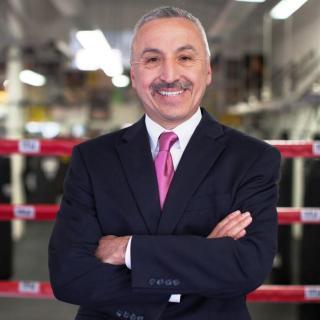If you or your loved have been charged with a crime, you need a skilled criminal defense attorney right away. We defend clients against Federal and State charges, both felonies and misdemeanors, including, but not limited to: Murder, Drug Crimes, Drunk Driving, Theft Crimes, Assault & Battery, Sex Crimes, Juvenile Crimes, Three Strikes, Expungement of Records and White Collar Crimes. Why you need the Morales Law Firm at this critical time: * I am a Board Certified Specialist in Criminal Law, which means I have the highest rating from judges and attorneys (only 1% of attorneys have this certification) * I am rated A+ by the Better Business Bureau - their highest rating * I was name one of the country's Top 100 Trial lawyers * I know how to fight and win. I was a National Boxing Champion and Golden Gloves fighter
Since 1991
1992 - Current
The Morales Law Firm
Undergraduate Degree
Law Degree
North California Super Lawyer
The National Trial Lawyers
Rue Ratings
National Association of Distinguished Counsel
North California Super Lawyer
The National Trial Lawyers
North California Super Lawyer
Super Lawyers Magazine
Better Business Bureau
Attorney Search Network
Board of Legal Specialization, State Bar of California
Santa Clara University School of Law







































Criminal Appeals, Drug Crimes, Expungement, Fraud, Gun Crimes, Internet Crimes, Sex Crimes, Theft, Violent Crimes
California State Bar